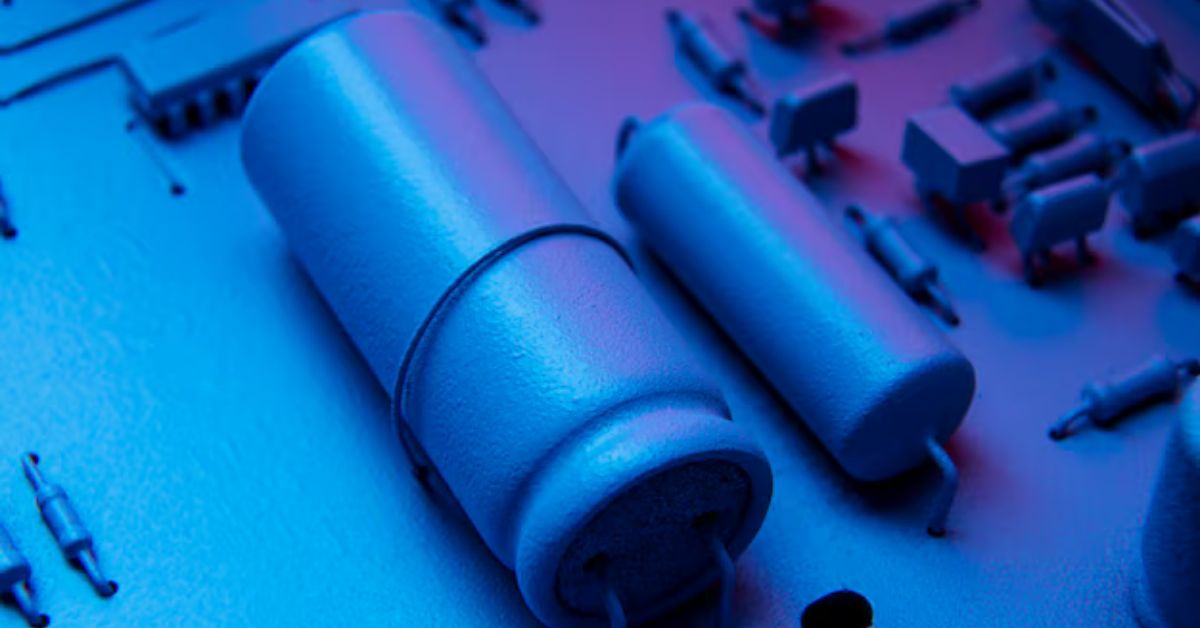Selecting the right electric winch for your camper is crucial for ensuring you have reliable support during off-road adventures and tough situations. An electric winch can help you pull your camper out of mud, sand, or other challenging terrain, making it an essential piece of equipment for any serious off-road enthusiast. This guide will walk you through the key factors to consider when choosing an electric winch for your camper.
Understand Your Needs
1. Determine the Load Capacity
The most critical factor in choosing an electric winch is its load capacity. The winch must be capable of handling the weight of your camper and any additional gear you may have. Here’s how to determine the appropriate capacity:
- Calculate Gross Vehicle Weight Rating (GVWR): Find out the GVWR of your camper, which includes the weight of the camper itself plus any cargo and equipment.
- Choose a Winch with a Capacity Margin: Select a winch with a load capacity that exceeds your camper’s GVWR. A general rule is to choose a winch with a capacity that is 1.5 to 2 times the camper’s weight to ensure reliable performance.
2. Consider the Type of Terrain
The type of terrain you plan to tackle will influence the winch’s specifications:
- Mild Terrain: For relatively smooth or moderately rough terrain, a winch with a lower capacity may suffice.
- Severe Terrain: For challenging environments like deep mud, sand, or steep inclines, opt for a winch with higher capacity and durability.
Types of Electric Winches
1. Drum Winches
- Design: Drum winches have a cylindrical drum around which the winch rope or cable winds.
- Advantages: They are commonly used and generally offer reliable performance for various applications.
- Considerations: Ensure the drum is large enough to handle the length and diameter of the winch rope or cable you need.
2. Compact Winches
- Design: Compact winches are smaller and lighter, designed for vehicles with limited space.
- Advantages: They are ideal for campers where space is at a premium.
- Considerations: Make sure the compact winch still meets the load capacity requirements for your camper.
3. Heavy-Duty Winches
- Design: Heavy-duty winches are built for extreme conditions and heavier loads.
- Advantages: They offer high capacity and durability for severe off-road conditions.
- Considerations: These winches are often larger and more expensive but provide extra reliability.
Winch Features to Consider
1. Motor Power
- Voltage: Electric winches typically come in 12V or 24V options. For most campers, a 12V winch is sufficient.
- Power Rating: Higher power ratings often equate to better performance and faster winch operation. Choose a motor with adequate power to handle your needs.
2. Winch Rope or Cable
- Material: Winches come with either synthetic rope or steel cable.
- Synthetic Rope: Lightweight, easy to handle, and safer as it doesn’t snap back if it breaks.
- Steel Cable: More durable and resistant to abrasion but heavier and can be more dangerous if broken.
- Length: Ensure the rope or cable length is sufficient for your typical winching scenarios.
3. Gear Ratio
- High Gear Ratio: Provides faster line speed but less pulling power.
- Low Gear Ratio: Offers greater pulling power at the expense of slower line speed. For heavy-duty tasks, a lower gear ratio is preferable.
4. Control Mechanism
- Remote Control: Many winches come with a wireless or wired remote control for ease of use.
- Manual Control: Some winches offer manual control options for situations where the remote might not be practical.
5. Weather Resistance
- Sealed Components: Look for winches with sealed or waterproof components to prevent damage from water and dust.
- Durability: Ensure the winch is built with high-quality materials that can withstand harsh weather conditions.
Installation Considerations
1. Mounting Options
- Winch Mounts: Check for compatibility with your camper’s mounting points. Ensure the winch can be securely mounted to your vehicle’s frame or bumper.
- Space Requirements: Verify that there is enough space for the winch and its accessories, such as the rope or cable.
2. Wiring and Power Supply
- Electrical Wiring: Ensure you have the necessary wiring and power supply to connect the winch to your camper’s electrical system.
- Battery Capacity: The winch should be compatible with your camper’s battery system. Consider upgrading the battery if necessary to handle the winch’s power requirements.
Maintenance and Care
1. Regular Inspection
- Check for Wear: Regularly inspect the winch for signs of wear and tear, including the rope or cable, motor, and gear components.
- Clean and Lubricate: Keep the winch clean and lubricate moving parts to ensure smooth operation.
2. Store Properly
- Protect from Elements: When not in use, store the winch in a dry, covered location to protect it from moisture and dirt.
- Cover: Use a winch cover or case to shield it from the elements when not in use.
Conclusion
Choosing the right electric winch for your camper involves evaluating your specific needs, considering the type of terrain you’ll encounter, and selecting a winch with appropriate features and capacity. By understanding the different types of winches, their features, and installation considerations, you can make an informed decision that enhances your off-road capabilities and ensures reliable performance. Regular maintenance and proper care will help prolong the life of your winch and keep it ready for any adventure.











